|
Guest blog post provided by Emma Jones of Acadecraft.com As technology continues to shape the world around us, it is no surprise that the field of education has also witnessed significant advancements. AI-powered adaptive learning platforms utilize artificial intelligence algorithms to personalize educational experiences, catering to the unique needs and capabilities of individual students. In recent years, educational technology tools have experienced a significant rise in popularity and adoption. From online learning management systems to interactive educational apps, these tools have revolutionized the education industry by providing new ways to engage students, personalize instruction, and promote collaborative learning. The increasing demand for lifelong learning and continuous professional development drives the rise of educational technology tools. With rapid advancements in various fields, professionals across industries need to update their knowledge and acquire new skills constantly. Educational technology tools offer accessible and convenient ways for individuals to engage in online courses, webinars, and training programs, enabling them to stay competitive in the job market. Understanding Adaptive Learning Adaptive learning platforms collect and analyze data on student performance, interactions, and preferences to generate insights and make informed decisions about the content, resources, and instructional strategies to deliver. This data-driven approach enables the platform to adapt and modify the learning materials, assessments, and feedback based on the individual student's strengths, weaknesses, and progress. By providing tailored instruction and individualized feedback, adaptive learning platforms strive to optimize learning outcomes and enhance student engagement and motivation. The adaptive nature of these platforms ensures that students receive the right level of challenge, support, and scaffolding to facilitate deeper understanding and mastery of concepts. The Traditional vs. Adaptive Learning Approaches Traditional Learning:
Adaptive Learning:
The Role of AI in Education: AI has huge potential to personalize learning experiences by catering to diverse learning needs in various ways:
Benefits of AI-Driven Adaptive Learning Platforms:
Challenges and Considerations: Securing data privacy, security, and ethical use of AI in educational technology is paramount to maintaining trust and protecting learners. Here are several key considerations for accessible elearning:
By integrating these practices into the development and deployment of AI-powered educational technologies, institutions can build a trustworthy and ethical learning environment that respects learners' privacy and upholds ethical standards. Conclusion In conclusion, the rise of educational technology tools has transformed the way we teach and learn. These tools have made education more accessible, personalized, and engaging for students of all ages. AI-powered adaptive learning platforms are revolutionizing modern education by offering personalized learning experiences, optimizing time and resources, and promoting accessibility and inclusivity. As more institutions and educators embrace these platforms, we will witness an education landscape that caters to the unique needs of every learner, fostering engagement, improving outcomes, and unlocking the full potential of students worldwide. AI is undoubtedly transforming the way we learn, empowering individuals, and shaping a brighter future through personalized education. Emma Jones is Web Accessibility Specialist and a Writer at Acadecraft. She has been involved in researching the field of web accessibility and providing assistance to make websites more accessible to people with disabilities. She writes about digital accessibility to spread awareness about easy access to digital products for disabled people, which is also a mandate from the authorities worldwide. What are some of your favorite AI-powered learning platforms? What benefits do you see in AI-powered adaptive learning for students? How does technology change your approach to teaching or mentoring? What concerns do you have about data privacy in educational technology? How can AI in education enhance personalized learning experiences? What role do you think AI should play in the future of education?
0 Comments
Leave a Reply. |
Good Morning, Ms. Williams!Creating, Blogging & Sharing Educational Resources Categories
All
|
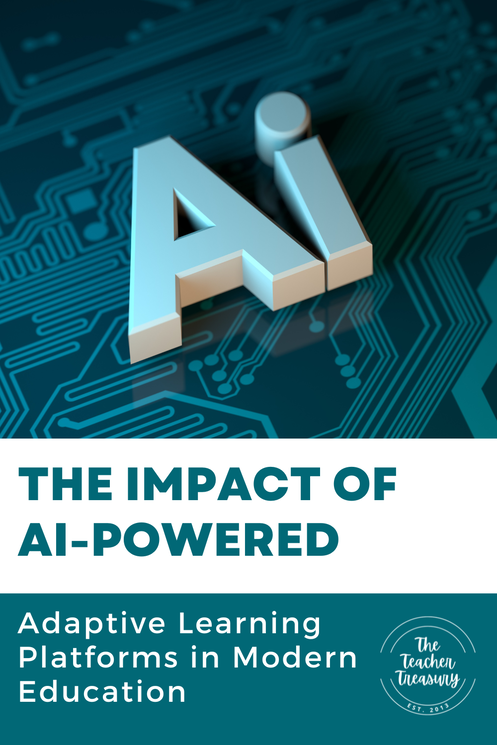




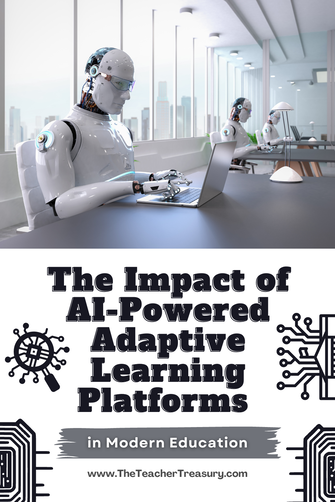
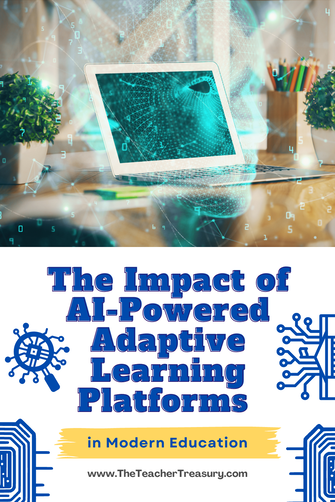
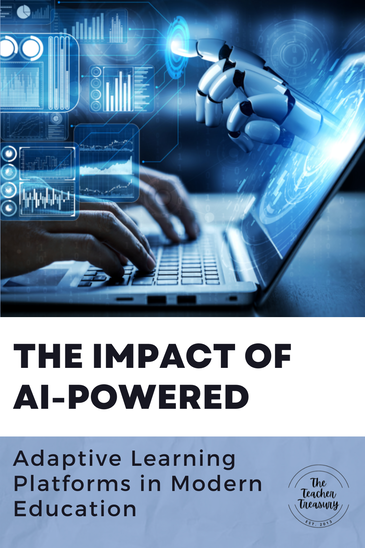
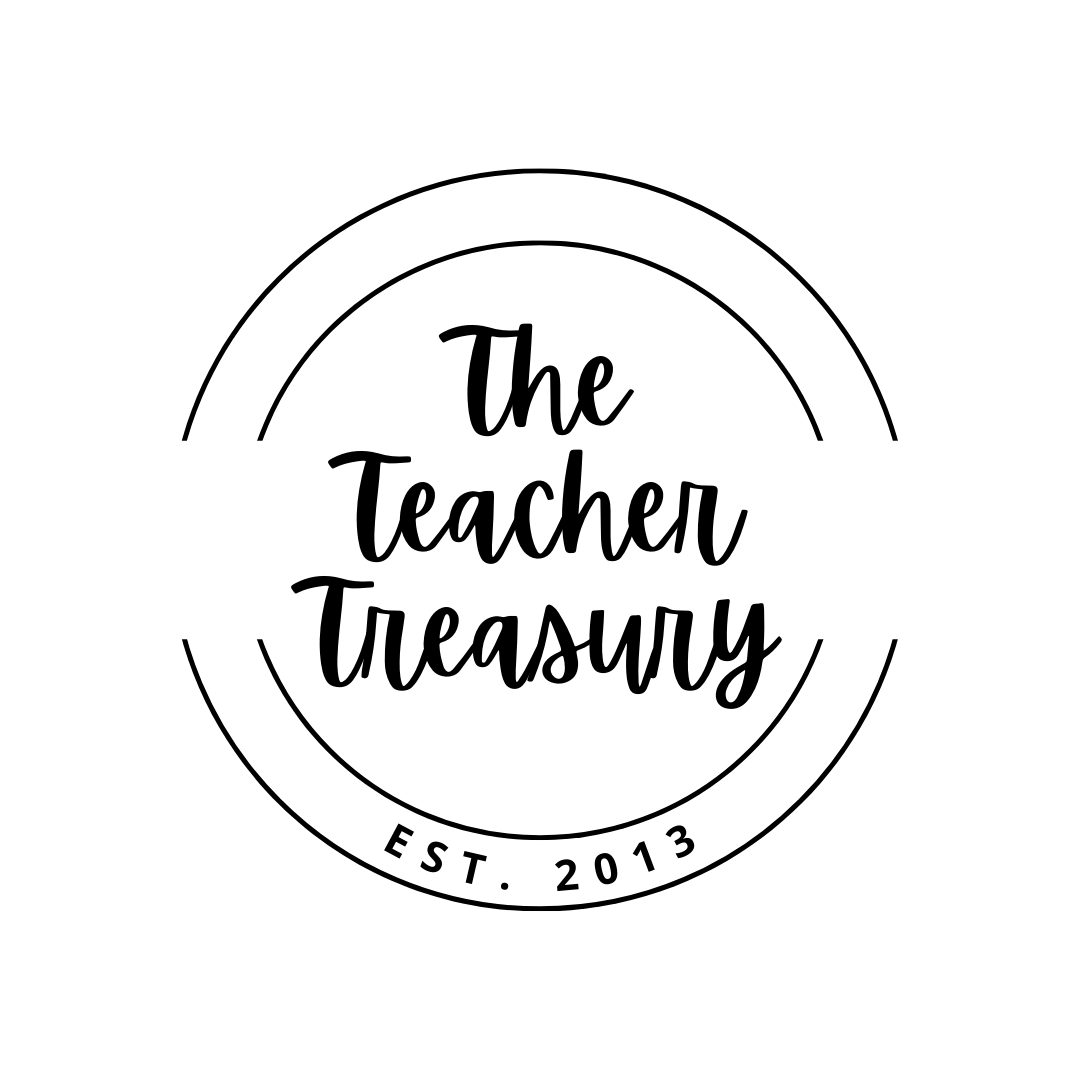
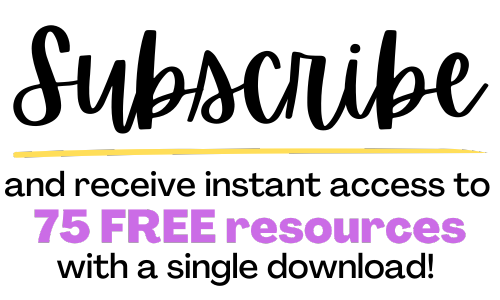

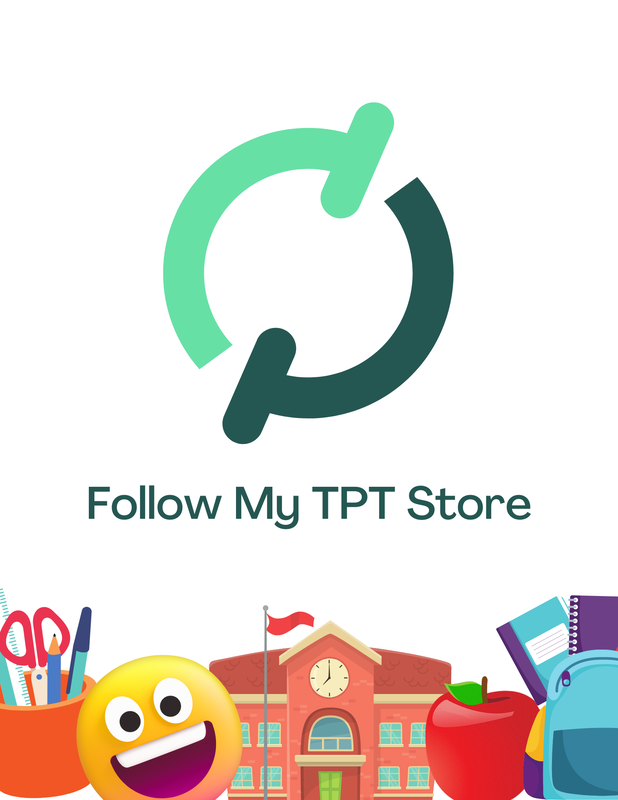


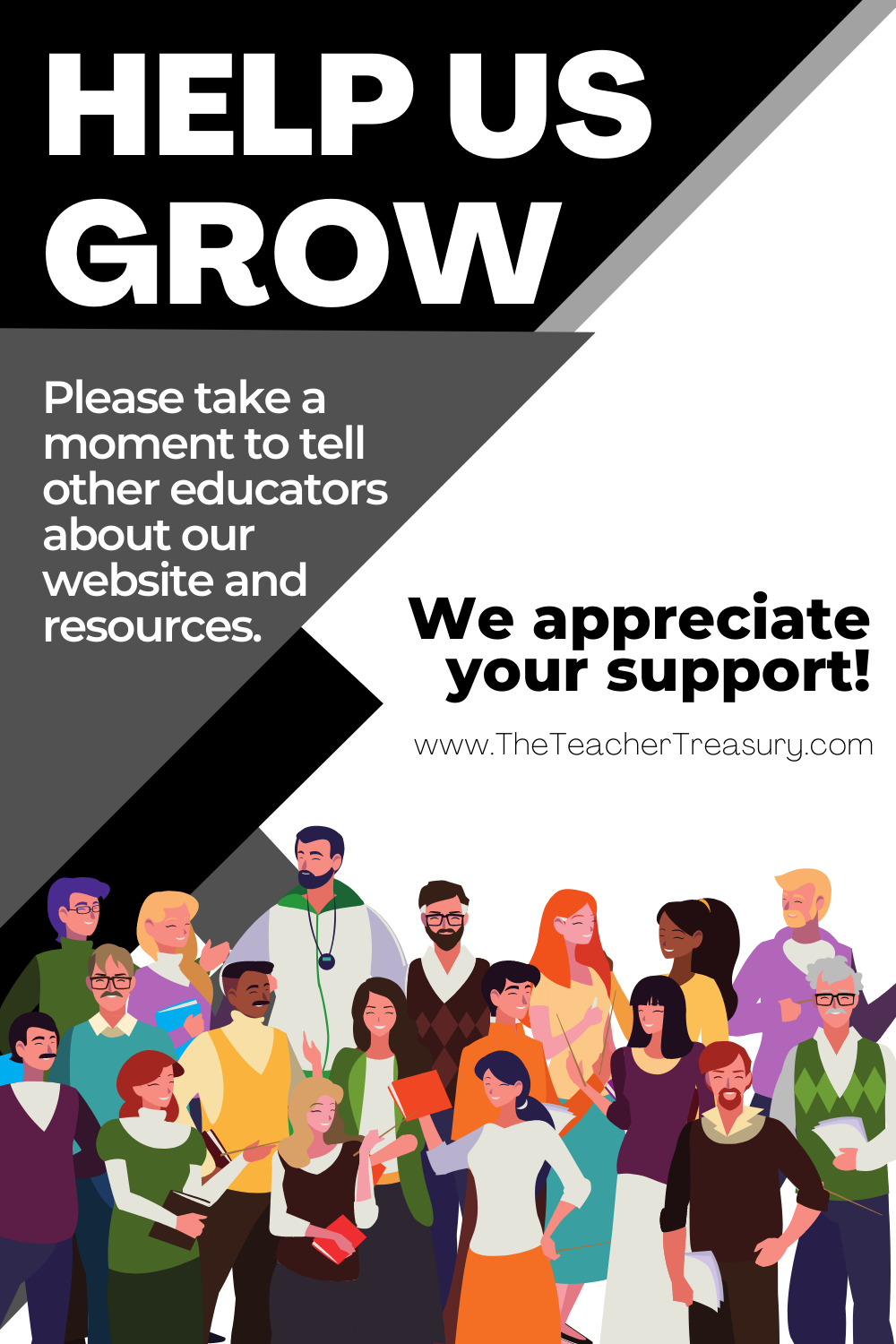
 RSS Feed
RSS Feed